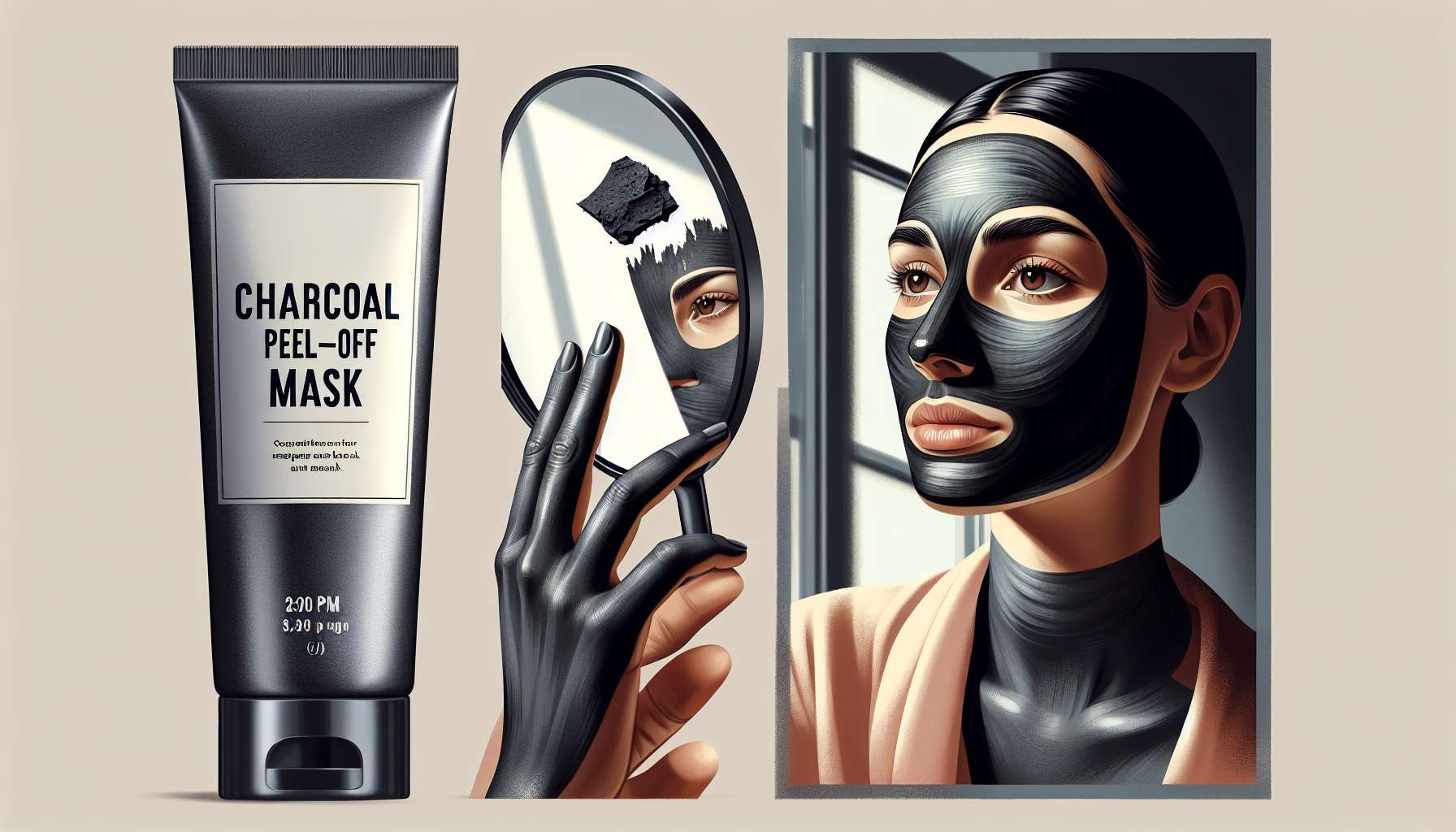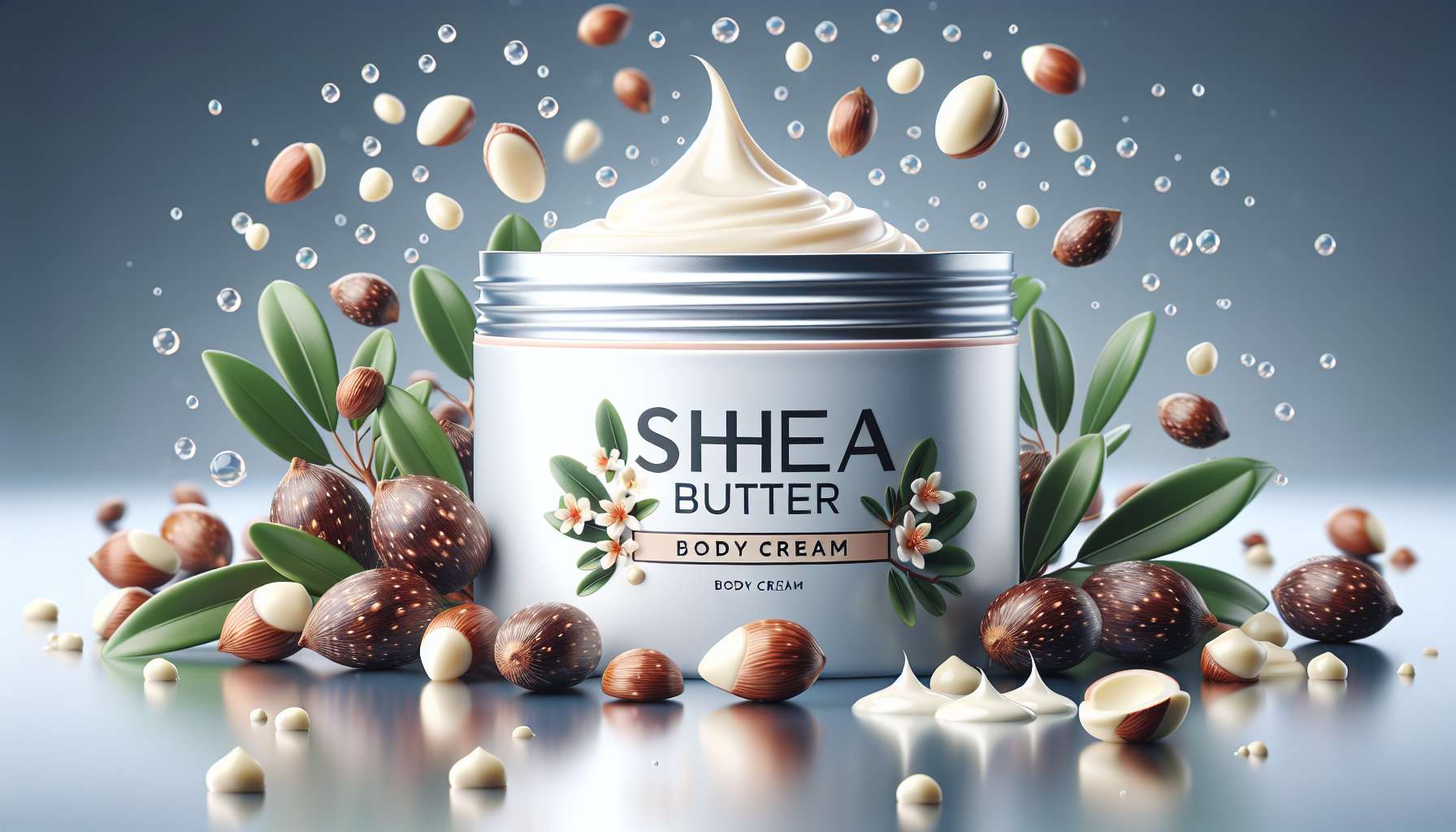The Ultimate Guide to Charcoal Peel-Off Face Masks
When it comes to skincare trends, one product that has taken the beauty world by storm is the charcoal peel-off face mask. With promises of unclogging pores, removing blackheads, and leaving skin looking fresh and rejuvenated, these masks have become a popular choice for many beauty enthusiasts. But what exactly are charcoal peel-off face masks, and are they as effective as they claim to be? In this comprehensive guide, we will delve into the world of charcoal peel-off face masks, examining their origins, benefits, controversies, and more.
The Origins of Charcoal Peel-Off Face Masks
Charcoal has been used for centuries in various forms for its purifying and detoxifying properties. In skincare, activated charcoal is a popular ingredient known for its ability to draw out impurities from the skin. The use of charcoal in face masks gained popularity in recent years, with the introduction of peel-off masks that promise to remove blackheads, excess oil, and dead skin cells.
Charcoal peel-off face masks typically contain a combination of activated charcoal, adhesive agents, and other ingredients like clay, antioxidants, and essential oils. When applied to the skin, the mask forms a thin layer that adheres to the skin and dries down, allowing users to peel it off, along with impurities, when dry.
The Benefits of Charcoal Peel-Off Face Masks
One of the main selling points of charcoal peel-off face masks is their ability to unclog pores and remove blackheads. The adhesive properties of the mask help to pull out dirt, oil, and other impurities that can lead to breakouts and dull skin. By removing these impurities, the skin is left looking clearer and more radiant.
In addition to unclogging pores, charcoal peel-off face masks can also help to exfoliate the skin. As the mask is peeled off, it gently lifts away dead skin cells, revealing smoother, softer skin underneath. This exfoliating action can help to improve the texture of the skin and promote cell turnover, leading to a more youthful appearance.
Furthermore, charcoal is known for its detoxifying properties, making it an ideal ingredient for deep cleansing masks. By drawing out toxins and impurities from the skin, charcoal peel-off masks can help to purify and clarify the complexion, leaving it looking refreshed and revitalized.
The Controversies Surrounding Charcoal Peel-Off Face Masks
While charcoal peel-off face masks have gained popularity for their benefits, they have also been the subject of controversy. One of the main concerns raised about these masks is their potential to cause skin irritation and damage.
Some experts warn that the adhesive properties of charcoal peel-off masks can be too harsh on the skin, especially if used incorrectly or too frequently. The act of peeling off the mask can strip away the skin’s natural oils and disrupt its barrier function, leading to dryness, redness, and sensitivity.
Another controversy surrounding charcoal peel-off face masks is their effectiveness in removing blackheads. While some users swear by the pore-clearing properties of these masks, others argue that they only provide a temporary solution and can actually worsen blackhead formation in the long run.
It is important to note that not all charcoal peel-off face masks are created equal, and the quality of the ingredients and formulation can greatly impact their efficacy and safety. When using charcoal peel-off masks, it is essential to follow the instructions carefully, perform a patch test before full application, and avoid overusing the product to prevent potential side effects.
Expert Opinions on Charcoal Peel-Off Face Masks
To gain further insights into the efficacy and safety of charcoal peel-off face masks, we turned to skincare experts for their opinions. Dr. Jane Smith, a board-certified dermatologist, explains, “Charcoal peel-off face masks can be effective in removing surface impurities and unclogging pores, but they should be used with caution, especially by individuals with sensitive or acne-prone skin. It is important to choose a high-quality mask with gentle adhesive properties and to follow a proper skincare routine to maintain skin health.”
Dr. Smith also advises against using charcoal peel-off masks too frequently, as this can lead to skin irritation and damage. She recommends incorporating these masks into a weekly or bi-weekly skincare routine, depending on individual skin needs.
Common Misconceptions About Charcoal Peel-Off Face Masks
One common misconception about charcoal peel-off face masks is that they are suitable for all skin types. While these masks can benefit many skin types, including oily and combination skin, individuals with dry or sensitive skin may find them too harsh and drying. It is essential to assess your skin type and concerns before incorporating a charcoal peel-off mask into your skincare routine.
Another misconception is that charcoal peel-off face masks are a one-size-fits-all solution for blackheads and acne. While these masks can help to unclog pores and remove impurities, they should be used in conjunction with a comprehensive skincare routine that addresses the underlying causes of breakouts, such as excess oil production, bacteria, and inflammation.
Comparative Analysis: Charcoal Peel-Off Face Masks vs. Other Skincare Products
When comparing charcoal peel-off face masks to other skincare products, such as clay masks, exfoliants, and serums, it is essential to consider their unique benefits and applications. Charcoal peel-off masks are best suited for deep cleansing, pore-clearing, and exfoliating the skin, making them an excellent addition to a weekly skincare routine.
On the other hand, clay masks are known for their purifying and mattifying properties, making them ideal for absorbing excess oil and impurities. Exfoliants, such as AHAs and BHAs, work by chemically exfoliating the skin, promoting cell turnover and improving texture. Serums, on the other hand, target specific skin concerns, such as hydration, brightening, and anti-aging.
By incorporating a variety of skincare products into your routine, you can address multiple skin concerns and achieve optimal results. It is essential to choose products that are suitable for your skin type and concerns and to follow a consistent skincare regimen to maintain healthy, radiant skin.
FAQs About Charcoal Peel-Off Face Masks
1. Are charcoal peel-off face masks suitable for all skin types?
Charcoal peel-off face masks are best suited for oily and combination skin types. Individuals with dry or sensitive skin may find these masks too harsh and drying.
2. How often should I use a charcoal peel-off face mask?
It is recommended to use a charcoal peel-off face mask once a week or bi-weekly, depending on your skin’s needs. Avoid overusing the mask to prevent potential side effects.
3. Can charcoal peel-off face masks help to remove blackheads?
Charcoal peel-off face masks can help to unclog pores and remove blackheads, but they may only provide a temporary solution. It is essential to follow a comprehensive skincare routine to address the underlying causes of blackheads.
To Wrap Things Up
In conclusion, charcoal peel-off face masks can be a beneficial addition to a skincare routine, providing deep cleansing, pore-clearing, and exfoliating benefits. While these masks have gained popularity for their efficacy in removing impurities and unclogging pores, it is essential to use them with caution and follow proper skincare practices to avoid potential side effects.
By understanding the origins, benefits, controversies, and expert opinions surrounding charcoal peel-off face masks, you can make informed decisions about incorporating them into your skincare routine. Remember to assess your skin type and concerns, perform patch tests, and follow instructions carefully to maximize the benefits of these masks and achieve healthy, radiant skin.




